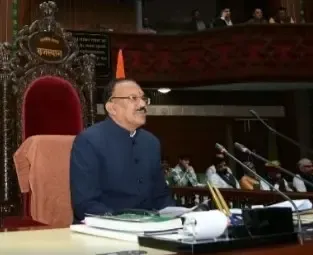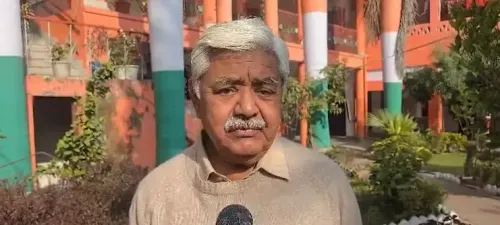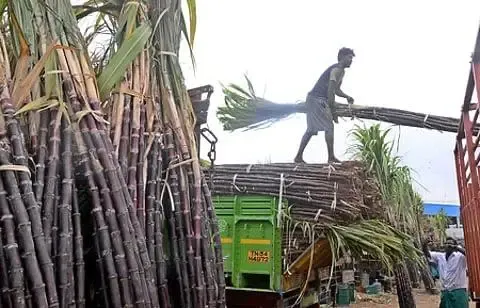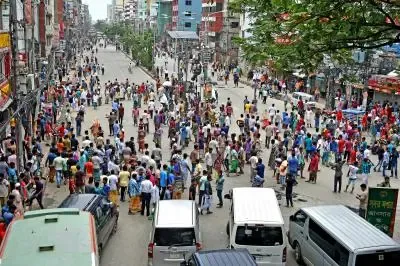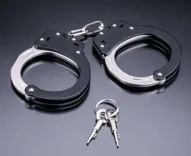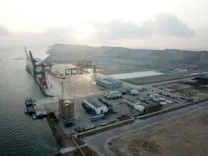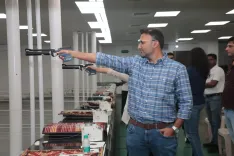What Restrictions Did Calcutta HC Impose on Trinamool's July 21 Rally?
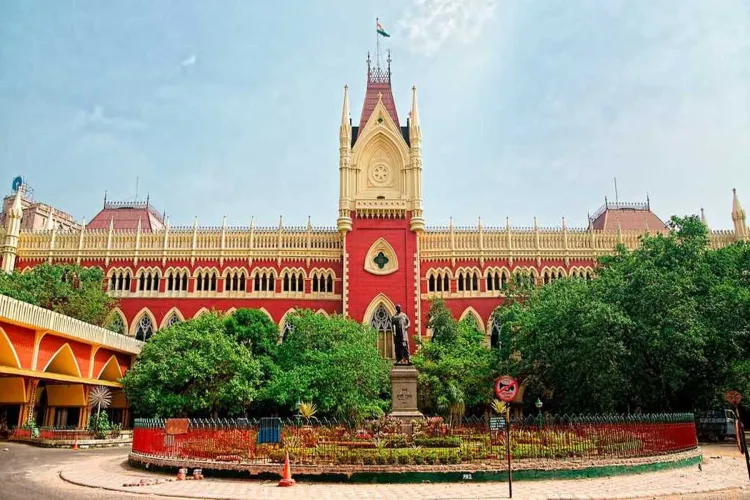
Synopsis
Key Takeaways
- Calcutta High Court restricts rally movements from 9 to 11 a.m.
- Justice Tirthankar Ghosh emphasizes public convenience.
- Traffic congestion concerns addressed by the court.
- Political favoritism questioned by petitioners.
- Possible venue change for future rallies suggested.
Kolkata, July 18 (NationPress) A single-judge bench of the Calcutta High Court has enforced stringent restrictions on the Trinamool Congress’s annual Martyrs’ Day rally scheduled for July 21.
Justice Tirthankar Ghosh of the single-judge bench has prohibited the movement of various party processions heading towards the main rally site between 9 a.m. and 11 a.m., which coincides with peak office hours.
However, processions are allowed to resume their journey towards the rally venue starting at 11 a.m. The judge also directed the city police commissioner to take necessary measures to prevent traffic congestion during the restricted hours.
On the previous day, Justice Ghosh recommended that the Trinamool Congress consider a different venue for its annual July 21 Martyrs’ Day rally in future years.
This rally traditionally takes place at the bustling multiple-crossing point of Esplanade, directly in front of CESC House, disrupting the entire traffic system in the area and surrounding roads for an extended period.
The police typically need to issue traffic advisories to redirect vehicles during this time. Notably, no other political parties are granted permission to hold political events at this venue, except for the Trinamool Congress.
This year, a coalition of petitioners approached the Calcutta High Court, questioning the rationale behind allowing only one political group to organize a rally that causes significant inconvenience to the public.
Justice Ghosh acknowledged that while he wouldn’t mandate a last-minute venue change for this year’s event, he would impose specific restrictions on the rally.
Ultimately, on Friday, he detailed these restrictions.


